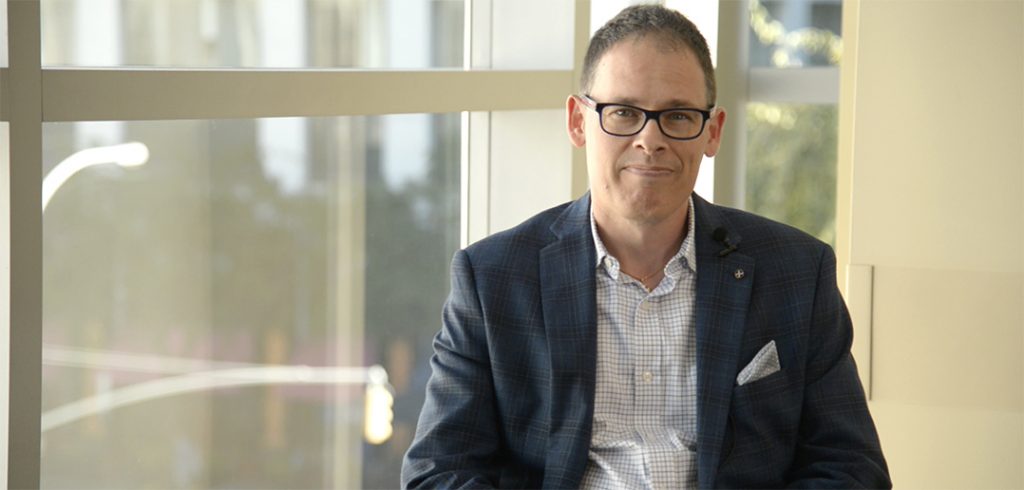George E. Demacopoulos, the Fr. John Meyendorff & Patterson Family Chair of Orthodox Christian Studies, co-director of the Orthodox Christian Studies Center, and a professor of theology, was interviewed by the Pew Research Center about trends and issues in the Orthodox Christian world.
This comes on the heels of a new report about “Orthodox Christianity in the 21st Century,” released by Pew on Nov. 8, which found that “over the last century, the Orthodox Christian population around the world has more than doubled and now stands at nearly 260 million. In Russia alone, it has surpassed 100 million, a sharp resurgence after the fall of the Soviet Union. Yet despite these increases in absolute numbers, Orthodox Christians have been declining as a share of the overall Christian population – and the global population – due to far faster growth among Protestants, Catholics and non-Christians.”
The report also found that many people who now identify as Orthodox Christians do not see religion as an important part of their lives. Demacopoulos was asked to explain this gap between religious identity and religious practice in much of the Orthodox world:
“It is very difficult for Americans to appreciate the ways in which religion and cultural identity overlap in the Orthodox world. For most Americans, religious commitment consists primarily of a set of doctrinal faith affirmations: “I believe in this and this, but not that.” In most of the world, however, religious identity and association operate on much deeper level, with strong, community-based, cultural associations,” Demacopoulos said.
“Being Orthodox is not so much about checking off a list of dogmatic propositions as it is being tied to local and regional culture. Thus, it would not at all be uncommon for someone in Greece or Russia to identify as Orthodox and participate in major community celebrations tied to Christianity (Easter, Christmas, Theophany, etc.) but not actually believe in the teachings of the church or, possibly, even in God.”
Read the full Q&A at the Pew FactTank blog.

